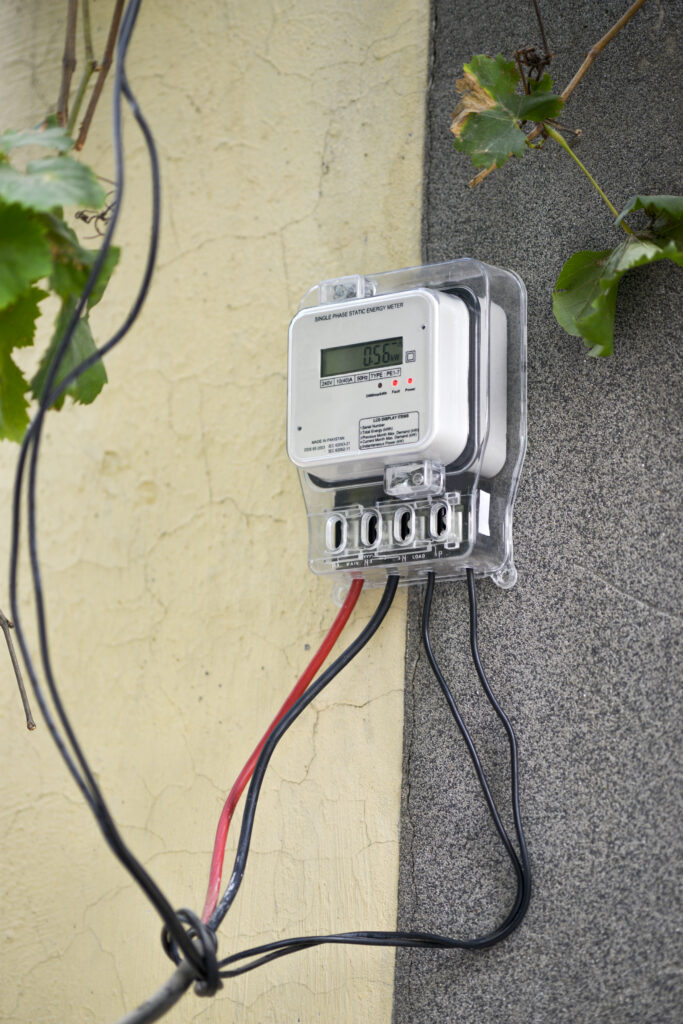

Net metering policies play a crucial role in the growth of solar energy growth and adoption. They enable homeowners and businesses with solar panels to receive credit for the surplus energy they generate and send back to the grid. This not only incentivizes solar adoption but also makes financial sense for many users.
Understanding Net Metering Policies
Net metering allows solar system owners to offset their energy costs by receiving credits for the excess electricity they contribute to the grid. Essentially, when these systems produce more energy than the household consumes, the excess energy is sent back to the grid, and the owner receives credits on their electricity bills.
The specifics of net metering policies vary by region. Typically, these policies allow customers to bank credits during sunny months when production is high and use those credits during months of lower production. This system encourages the installation of solar panels as it reduces the payback period for these investments resulting inSolar Energy Growth.
The Impact on Solar Solar Energy Growth
-
Incentivizing Investment: Net metering policies reduce the initial cost barrier for individuals and businesses considering solar. When potential customers see the financial benefits, they are more likely to invest in solar technology. Notably, areas with favorable net metering laws tend to have higher rates of solar Solar Energy Growth.
-
Economic Resilience: By allowing users to save on energy costs, net metering contributes to economic resilience. Customers can enjoy reduced monthly bills, stabilizing their financial commitments, particularly during times of rising energy prices.
-
Environmental Benefits: Increased solar adoption leads to a significant reduction in greenhouse gas emissions. By supporting renewable energy production, net metering helps in combating climate change and encourages a shift to more sustainable energy practices.
-
Grid Stability: During peak demand, solar power can alleviate stress on the grid. When many households generate and send energy back to the grid, it can reduce the reliance on fossil fuels and enhance grid stability.
Challenges of Net Metering
Despite its many advantages, net metering is not without its challenges. Some utilities argue that net metering shifts costs from solar users to non-solar users, creating a fairness issue. This perspective can lead to policies limiting net metering credits or introducing fixed charges for solar users, which can reduce the financial incentive to install solar panels.
The Future of Net Metering
The future of net metering will likely depend on evolving energy needs and technologies. Many regions are assessing or reformulating their net metering policies to ensure fairness while promoting renewable energy growth. With growing public awareness of climate issues and the economic benefits of solar energy, net metering is expected to remain a key factor in renewable energy policy discussions.
As solar technology continues to evolve, there may also be additional supportive policies emerging to pair with net metering, including community solar programs and alternative pricing mechanisms that can provide broader access to renewable energy without the downsides of traditional net metering systems.
Conclusion
Net metering is a vital policy mechanism that promotes the growth and widespread adoption of solar energy by allowing users to receive credit for excess electricity they generate and feed back into the grid. This system not only helps reduce energy costs significantly for residential and commercial users but also encourages investment in solar technology by improving financial returns. Additionally, net metering contributes to a greener environment by decreasing reliance on fossil fuels, thereby lowering carbon emissions and combating climate change.
For more insights on solar energy and related topics, check out some of our recent blogs:
- Pakistan’s Solar Energy Surge: Unlocking the Potential of Sunshine
- Empower Your Home with Power of Solar Energy
- How Solar Energy Pumps are Empowering Sustainable Farms
For further information on solar energy solutions, visit Andromeda Energy.
Renewables – Energy System – IEA

IEA – International Energy Agencyhttps://www.iea.org › energy-system › renewables
Renewable Energy World
Renewable Energy Worldhttps://www.renewableenergyworld.com


Leave a Reply